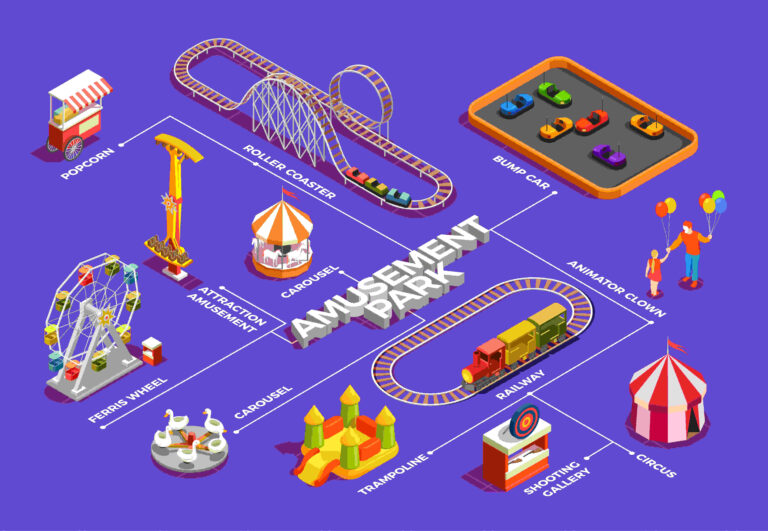In recent years, the intersection of artificial intelligence AI in stock trading has garnered significant attention. As technology continues to evolve, so do the strategies employed by investors to maximize returns and mitigate risks. AI, with its ability to analyze vast amounts of data and identify patterns, has emerged as a powerful tool in the realm of stock trading. Let’s delve deeper into how AI is revolutionizing stock trading strategies and helping investors achieve their financial goals.
Data Analysis and Prediction:
AI algorithms can process large volumes of data from various sources such as financial reports, market trends, social media sentiment, and news articles. By analyzing this data, AI can identify patterns and correlations that may not be apparent to human traders, enabling more accurate predictions of stock price movements.
Risk Management:
AI-powered risk management systems can assess and quantify risks associated with different investment decisions. Through advanced algorithms, AI can dynamically adjust portfolios in response to changing market conditions, minimizing potential losses.
Algorithmic Trading:
AI algorithms can execute trades at speeds and frequencies impossible for human traders, taking advantage of fleeting opportunities in the market. These algorithms can incorporate complex trading strategies, such as statistical arbitrage and trend following, to capitalize on market inefficiencies.
Sentiment Analysis:
AI can analyze sentiment from news articles, social media posts, and other sources to gauge market sentiment. By understanding market sentiment, AI algorithms can anticipate market movements influenced by public perception and sentiment shifts.
Portfolio Optimization:
AI-powered portfolio optimization tools can construct portfolios tailored to investors’ goals, risk tolerance, and investment horizon. Through machine learning techniques, these tools continuously learn and adapt to changing market conditions to optimize portfolio performance.
Pattern Recognition:
AI excels at recognizing patterns in historical market data, identifying recurring trends and anomalies. By leveraging pattern recognition, AI algorithms can generate signals for buy or sell decisions based on historical patterns and statistical probabilities.
Automated Decision Making:
AI enables automation of trading decisions, eliminating emotional biases and human errors. Automated trading systems can execute trades based on predefined rules and criteria, ensuring consistent and disciplined investment strategies.
Real-time Monitoring and Analysis:
AI-powered trading systems can monitor markets in real-time, quickly reacting to changing market conditions. Through continuous analysis of incoming data streams, AI algorithms can identify emerging trends and adjust trading strategies accordingly.
Enhanced Efficiency and Scalability:
AI streamlines trading processes, reducing manual intervention and improving operational efficiency. With its scalability, AI can handle large volumes of data and trading activities, catering to the needs of institutional investors and retail traders alike.
Regulatory Compliance:
AI can assist in ensuring compliance with regulatory requirements by automating reporting and monitoring activities. Through advanced algorithms, AI can detect and prevent potential instances of market manipulation and insider trading, enhancing regulatory compliance.
Conclusion:
AI is transforming the landscape of stock trading, offering unparalleled capabilities in data analysis, prediction, and decision-making. By harnessing the power of AI, investors can enhance their stock trading strategies, optimize portfolio performance, and achieve their financial goals more effectively. However, it’s essential to recognize that AI is not a panacea and should be used in conjunction with human expertise and judgment. As AI continues to evolve, its role in stock trading is poised to expand further, reshaping the way investors navigate financial markets. Embracing AI-powered solutions can provide a competitive edge in an increasingly complex and dynamic trading environment. The fusion of AI and stock trading is a promising avenue for investors looking to stay ahead in today’s fast-paced markets. By leveraging AI-driven strategies, investors can make more informed decisions, manage risks effectively, and ultimately achieve their financial objectives.












